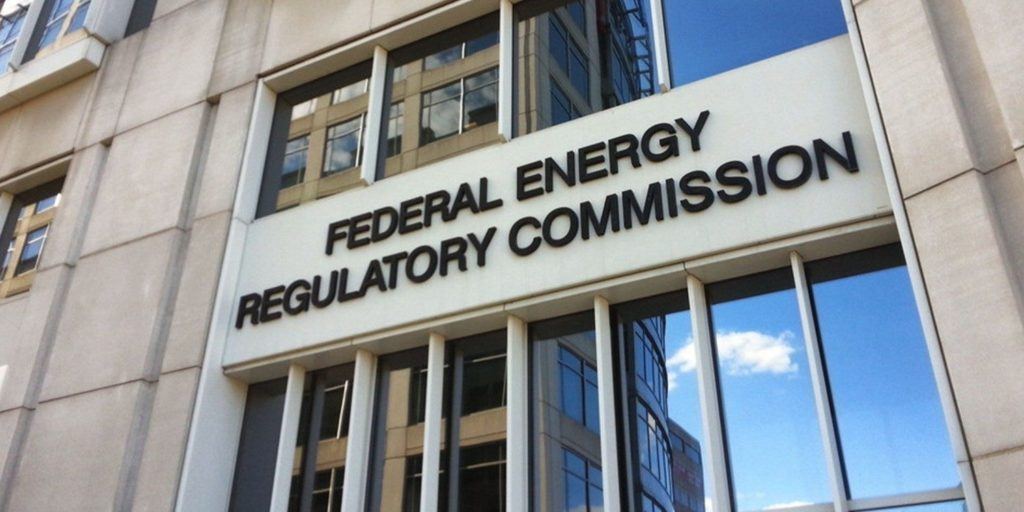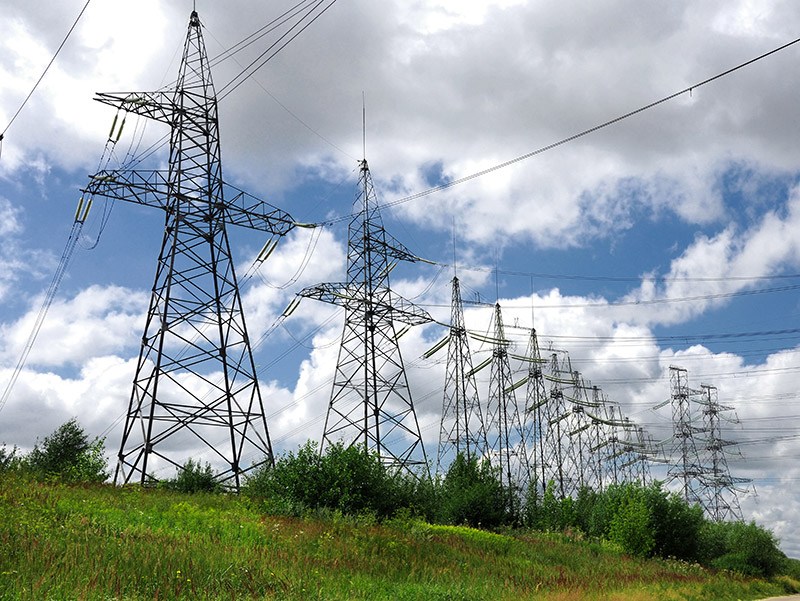Both the Supreme Court and the Court of Appeals (CA) have already ruled that the Mandaluyong Regional Trial Court has jurisdiction over the pending case between South Premiere Power Corporation (SPPC) and Power Sector Assets and Liabilities Management (PSALM) on computation of generation charges under the Ilijan power contract.
Leyte Rep. Vicente Veloso earlier questioned the Regional Trial Court (RTC)’s jurisdiction over the case, saying power-related issues should be handled by the Energy Regulatory Commission (ERC) not the lower court.
It will be recalled that the Mandaluyong-RTC’s Order of September 24, 2018, where it ruled that the lower court has jurisdiction over the case, was questioned by PSALM through a petition for certiorari that was filed with the CA. On August 23, 2019, the CA dismissed PSALM’s petition.
PSALM has filed a motion for reconsideration of the dismissal of its petition.
On September 28, 2015, the Mandaluyong RTC issued a writ of preliminary injunction prohibiting PSALM from terminating the Investment Promotion and Protection Agreements (IPPA) Agreement while the case is pending. PSALM questioned the injunction with the Court of Appeals through a petition for certiorari only to be denied by the CA. PSALM appealed the CA decision to the Supreme Court.
And through a Resolution issued on March 4, 2019, the High Court denied the appeal because PSALM failed to sufficiently show that the Court of Appeals committed any reversible error in its decision. The Supreme Court’s Resolution became final and executory on August 5, 2019.

The Electric Power Industry Reform Act (EPIRA) mandates the Energy Regulatory Commission (ERC) to promote competition, encourage market development, ensure consumer choice, and penalize abuse of market power in the restructured electricity industry.
SPPC said Section 43(u) of the EPIRA on the original and exclusive quasi-judicial jurisdiction of the ERC is clarified by Rule 3, Section 4(n) of the EPIRA’s implementing rules and regulations which provides that the ERC has original and exclusive quasi-judicial jurisdiction over disputes between or among energy sector participants, only if such disputes relate to the ERC’s powers, functions and responsibilities provided for in the EPIRA and the EPIRA-IRR.
As indicated in the EPIRA and the EPIRA-IRR, the issue between SPPC and PSALM is outside of the powers, function and responsibilities of the ERC.
SPPC added the ERC had no participation in the privatization of the IPP Agreement between the owner of the Ilijan Power Plant and the National Power Corporation (NAPOCOR) or in the IPPA Agreement between SPPC and PSALM.
PSALM, ERC, and the legislature are bound by the clarification of the ERC’s jurisdiction over disputes between electricity industry players because the EPIRA-IRR were promulgated by the Department of Energy (DoE) after consultation with PSALM and the ERC, and after being approved by the Congress itself through its Joint Congressional Power Commission.
PSALM, SPPC said, was aware of the ERC’s quasi-judicial jurisdiction over disputes between electricity industry players because it even required in paragraph 38.2 of the IPPA Agreement that “either Party may bring a legal action or proceeding to resolve any such dispute or difference arising out of this Agreement against the other party in the courts of proper jurisdiction of the Republic of the Philippines.”
SPPC stands by its statement, does not owe PSALM.
Meanwhile, SPPC stands by its earlier statement that it has not received monthy billing statements from PSALM that indicate an alleged deficiency claim amounting to P23.94 billion.
PSALM earlier issued a statement saying “SPPC cannot feign ignorance of its payables to PSALM because it received all the monthly billings. SPPC said it is updated in its payments to the Power Sector Assets and Liabilities Management Corp. based on monthly billing statements the government entity sends, using SPPC’s legal position on, and computation of, generation payments.
The same monthly billing statements neither include nor substantiate the deficiency claim amounting to P23.94B as of December 2019. SPPC only learned of the P23.94 billion alleged deficiency from news articles quoting PSALM. SPPC also maintained that it is not “delinquent”as claimed by PSALM. To date, the company has already made P314.6 billion in payments, consisting of P73.9 billion in regular, fixed monthly payments and P240.7 billion in generation charges.
SPPC said the High Court likewise thumbed down PSALM’s appeal for failure to sufficiently show that the CA committed reversible error in its decision. The SC’s decision became final and executory on August 5, 2019.

SPPC pointed out that its dispute with PSALM is outside of the powers, function and responsibilities of the ERC. It likewise reiterated that it has not received monthy billing statements from PSALM that indicate an alleged deficiency claim amounting to P23.94 billion.
SPPC and PSALM have a pending case in court concerning differences in computing generation payments.
While PSALM is basing generation payments on the Wholesale Electricity Spot Market (WESM) prices, SPPC believes that selling its capacity there would have put the company in violation of provisions of their contract approved by ERC and designed specifically to protect consumers from volatile and higher electricity prices in the WESM.
Photo Sources: psalm.gov.ph, electrek.co, colourbox






